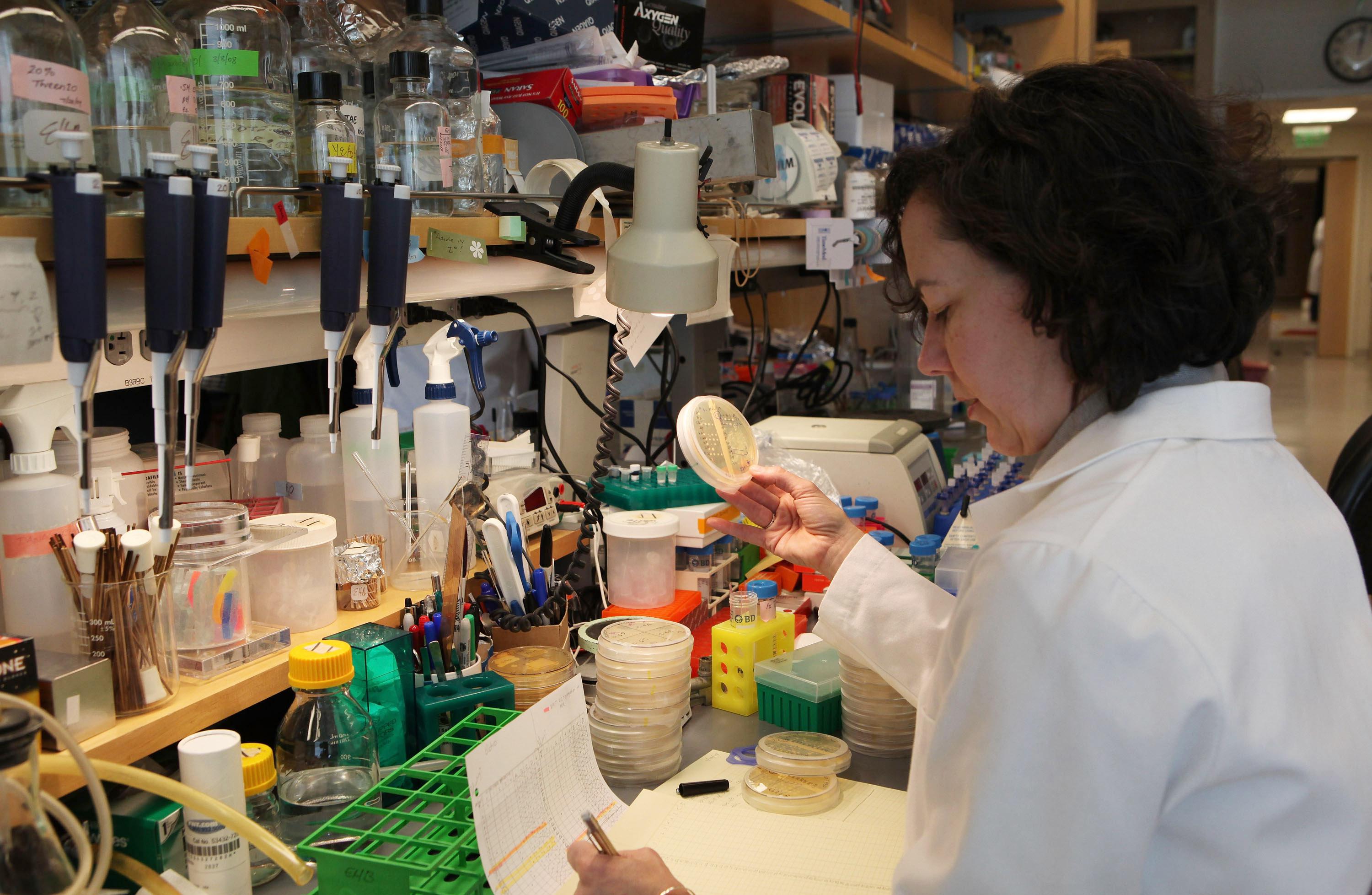This article originally appeared in Inside Higher Ed.
Officials at the University of California system are reconsidering a policy that prevents the university from discriminating against non-American researchers.
UC traditionally rejects money from research sponsors—including the federal government—that want all researchers assigned to a project to be American citizens or permanent United States residents. Some exceptions have been made for classified research and federal programs meant to provide work force training to young American scientists.
That could change. System officials are now in preliminary discussions about allowing sponsors to dictate broader discrimination against non-American researchers. As federal research dollars dry up and federal authorities fret about work that could harm national security, UC officials have begun to rethink their nondiscrimination policy.
“Every institution that has drawn a similar line has to look at it again because of the funding situation in recent years, and we’re no different,” said Wendy Streitz, executive director of research policy analysis and coordination in UC President Janet Napolitano’s office.
Several members of the UC Board of Regents were supposed to discuss the matter today during an audit and compliance committee meeting in San Francisco, but after questions Tuesday from Inside Higher Ed, Streitz said the issue had been mistakenly put on the regents’ agenda and was going to be pulled. “If we were to make that shift, it would be a big enough deal that you’d hear about it,” she said. Streitz said there’s “an excellent chance that we’ll stay right where we are—so it doesn’t make sense to put it on anybody’s radar.”
The UC system has, at least since the 1980s, fought federal agency efforts to keep non-Americans off research projects. Streitz said UC is in the minority when it comes to rejecting funding from sponsors—generally the U.S. government—that want to exclude noncitizens and nonresidents. Precise figures on how many universities allow citizenship restrictions were not immediately available. She said the system recently walked away from money that included citizenship restrictions.
UC’s goal is to make sure that members of a research team—including students—are chosen on their merits, not arbitrary criteria such as national origin.
Exceptions have been made for federal funding that is designed to encourage work force development and for government-funded classified research. UC does little classified work now that it no longer operates Lawrence Livermore National Laboratory or Los Alamos National Laboratory on the government’s behalf, Streitz said.
The university has also turned down funding from companies working on so-called dual-use sciences and technologies—research that has both a commercial and a military purpose. A variety of government agencies, including NASA, the National Science Foundation, the Department of Defense and the National Security Agency are among the agencies that have attempted to enforce citizenship requirements in the past, according to UC documents. In the early 1980s, the defense department cited the threat from the Soviet Union in an effort to keep foreign scholars away from unclassified university research. More recent sensitivity from the federal government may be due to factors such as terrorism, economic competition and the proliferation of findings that can be used to make nuclear or biological weapons.
But now system officials are worried about running afoul of import-export regulations designed to protect national security and the unauthorized releases of technology to America’s economic rivals.
The Association of American Universities, which represents major research universities, has advocated making the citizenship restrictions that do exist as “as sensible as possible,” said a spokesman for the association, Barry Toiv. “We’ve been particularly concerned about restrictions that are imposed on fundamental research,” he said.
So-called “fundamental research,” which can be basic or applied research, is generally excluded from export controls. Most research at the University of California at Berkeley, for instance, is considered fundamental because there are no restrictions on publication of findings and because the research team does not exclude foreign nationals.
The UC system has carefully guarded its nondiscrimination policy in the past. In 1987, for instance, a system official advised university administrators to cancel their subscription to a database of NASA documents because the space agency wanted only U.S. citizens to be able to access the database. System policy at the time said UC “does not discriminate on the basis of citizenship, within the limits imposed by law or University policy.”
Several years later, one system official gave an impassioned defense of the citizenship nondiscrimination policy. “In addition to our own policy concerns, it seems to us that a restriction like this unnecessarily robs the [Office of Naval Research] program of the contribution that could be made by some very able new scientists,” the director of the UC system’s research office wrote in a 1993 letter objecting to citizenship restrictions on a program for young researchers.
